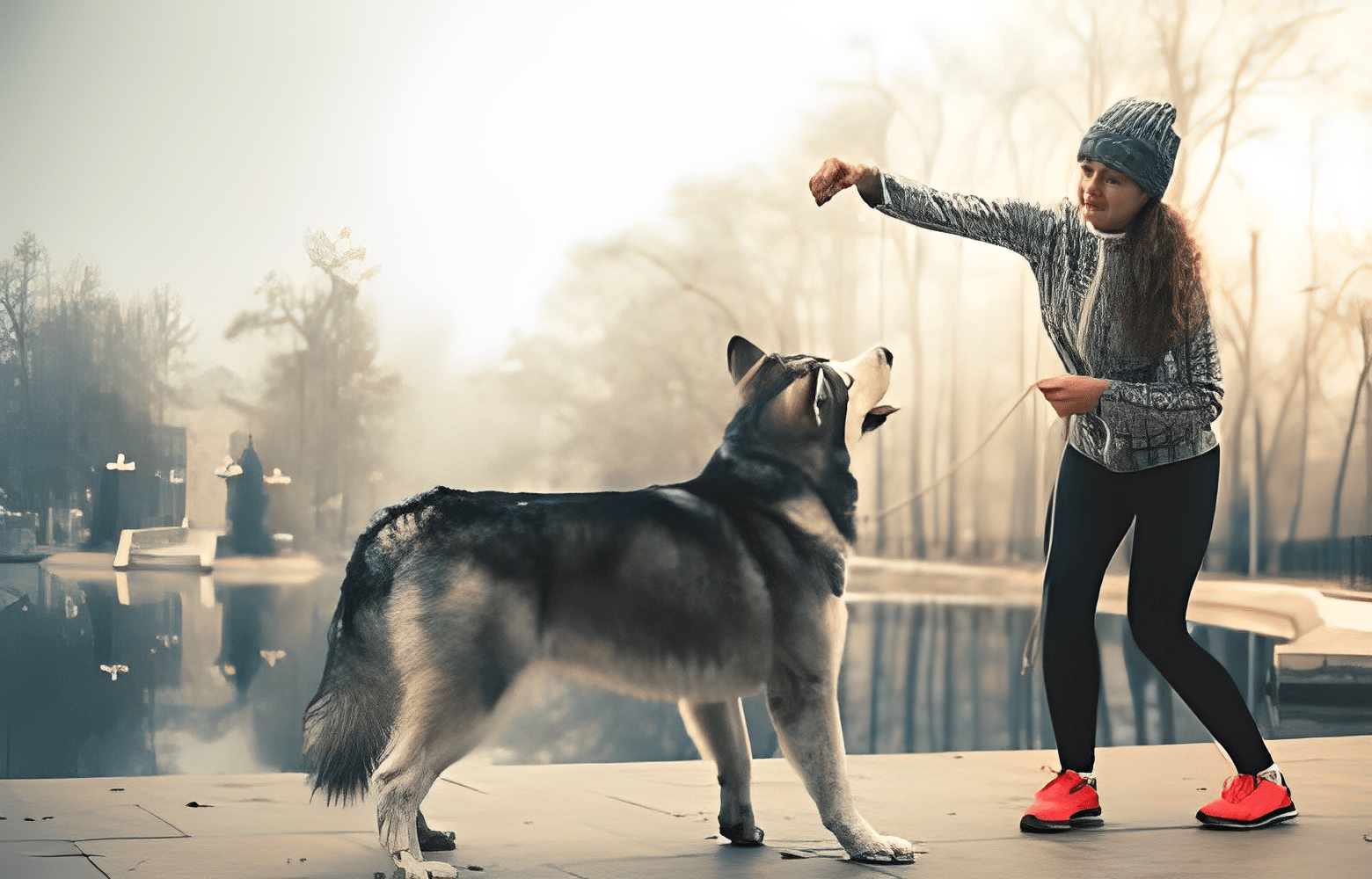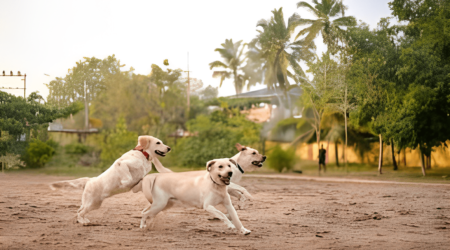Has A Chihuahua Ever Killed Anyone: Helps & Guide
Chihuahuas, with their diminutive size and often sassy demeanor, have captured the hearts of many as beloved companions. However, behind their small stature lies a big question: Can a Chihuahua pose a lethal threat? While these pint-sized pooches are more commonly associated with being fashion accessories or lap dogs, tales of their aggression occasionally surface, prompting speculation about their potential for causing harm.
In this blog post, we delve into the intriguing question of whether a Chihuahua has ever truly been responsible for taking a life, exploring their characteristics, reported incidents, and the broader context of dog behavior and responsible ownership.
Chihuahua Characteristics
Chihuahuas, the smallest dog breed in the world, are renowned for their petite size and larger-than-life personalities. Typically weighing between 2 to 6 pounds, these tiny canines often boast a confident and feisty demeanor that belies their diminutive stature. With their distinctively apple-shaped heads, large, expressive eyes, and erect ears, Chihuahuas possess a charm that is hard to resist.
Despite their small size, Chihuahuas are known for their boldness and assertiveness. They are fiercely loyal to their owners and often develop strong bonds with a single person, although they can also be affectionate with other family members. While some Chihuahuas are outgoing and sociable, others may exhibit a more reserved or even timid nature, particularly if not adequately socialized from a young age.

Instances of Chihuahua Aggression
While Chihuahuas are often adored for their charming personalities, there have been reports of aggression from these pint-sized pups. Despite their small size, Chihuahuas are not immune to exhibiting aggressive behavior, which can manifest in various situations.
- Territorial Behavior: Like many dogs, Chihuahuas can become territorial, especially in their homes or around their favorite toys or sleeping spots. They may growl, snap, or even nip at individuals or other pets who encroach upon what they perceive as their territory.
- Fear-Driven Aggression: Chihuahuas, despite their bravado, can be prone to fear-based aggression. When they feel threatened or scared, they may react defensively, lashing out at perceived threats with growls, barks, or even bites.
- Protectiveness: Chihuahuas are often fiercely loyal to their owners and may exhibit protective behavior, particularly if they sense their owners are in distress or danger. While this protectiveness can be endearing, it can also lead to aggression towards perceived threats.
- Resource Guarding: Some Chihuahuas may exhibit aggression when it comes to protecting their food, toys, or other resources. This behavior can stem from a natural instinct to safeguard valuable resources or from insecurity about having enough to eat or play with.
- Lack of Socialization: Chihuahuas that are not adequately socialized from a young age may be more prone to aggression towards strangers, other dogs, or unfamiliar situations. Without exposure to different people, animals, and environments, they may perceive anything new or different as a threat.
It’s important to note that while instances of aggression in Chihuahuas do occur, they are not inherently aggressive dogs. Proper training, socialization, and understanding of their behavior can help mitigate and manage any aggressive tendencies they may exhibit.
Understanding Dog Behavior and Responsible Ownership
Understanding Dog Behavior:
- Decoding Dog Body Language: Explore tail wags, ear positions, facial expressions, and other signals dogs use to communicate.
- Common Misunderstandings: Address common misinterpretations like “alpha rolls” and the myth of dominance training.
- Breed-Specific Quirks: Highlight what makes Chihuahuas unique in terms of communication and behavior.
Responsible Ownership:
- Training Tips: Focus on positive reinforcement methods and effective ways to teach basic commands.
- Socialization Basics: Explain the importance of exposing dogs to different people, places, and experiences at a young age.
- Understanding Breed Needs: Discuss exercise requirements, mental stimulation, and specific needs relevant to Chihuahuas.
- Addressing Common Chihuahua Challenges: Tackle topics like resource guarding, barking, and separation anxiety.
Additional Considerations:
- Personalize the information: If you have a specific aspect of Chihuahua behavior or ownership you’d like to focus on, feel free to do so!
- Include positive stories: Share inspiring examples of well-trained and happy Chihuahuas as companions.
- Promote responsible sources: Encourage readers to learn more from qualified professionals like trainers, behaviorists, and veterinarians.
Also Read: Why Are Staffies So Affectionate? Helps & Guide
Ultimately
The question of whether a Chihuahua has ever caused a fatal attack prompts us to explore deeper into canine behavior, responsible ownership, and the complexities of individual cases. While documented incidents exist, they are rare and often involve unique circumstances. Understanding dog behavior, promoting responsible ownership practices, and advocating for community education are essential in fostering safe and harmonious relationships between dogs and humans.
By approaching the topic with nuance and empathy, we can navigate the complexities of canine behavior and work towards creating a safer environment for both dogs and the communities they inhabit.












Leave a Reply